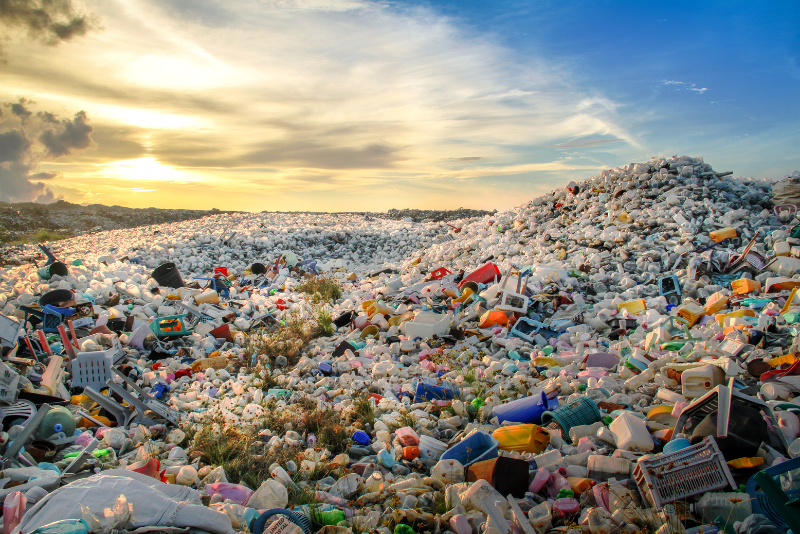
Plastic, once hailed as a revolutionary material, has morphed into a modern scourge. Its undeniable convenience masks a devastating impact on our environment. From overflowing landfills to choked oceans, plastic pollution is a global crisis demanding immediate attention.
Recent reports paint a grim picture. The UN Environment Programme (UNEP) estimates that the equivalent of two garbage trucks full of plastic enters our oceans every single day. This translates to a staggering 19-23 million tonnes annually, wreaking havoc on marine ecosystems. A 2023 study revealed microplastics, tiny plastic fragments, contaminating human placentas, raising concerns about potential health risks.
The ecological consequences are dire. Wildlife entanglement in plastic debris is a constant threat. Sea turtles mistake plastic bags for jellyfish, leading to gut blockages and starvation. Countless birds suffer a similar fate, mistaking plastic for food. This plastic influx disrupts entire food chains, jeopardizing the health of marine ecosystems.
Beyond the immediate harm to wildlife, plastic pollution disrupts natural processes. Plastic debris clogs waterways, hindering drainage and exacerbating flooding. It accumulates in soil, hindering nutrient absorption and impacting agricultural productivity. The sheer volume of plastic waste in landfills creates a breeding ground for pests and diseases, posing a public health threat.
The environmental impact extends beyond plastic waste itself. Plastic production is a major contributor to climate change. A 2019 report by the Organisation for Economic Co-operation and Development (OECD) found that plastic production accounted for 3.4% of global greenhouse gas emissions. This is projected to rise further if current production trends continue.
The current situation calls for a multi-pronged approach to tackle plastic pollution.
Here are some key suggestions:
Reduce Reliance on Single-Use Plastics:
A significant portion of plastic pollution comes from single-use items like bags, straws, and cutlery. Implementing bans or promoting sustainable alternatives like reusable cloth bags and metal straws can significantly curb plastic waste generation.
Promote Recycling and Waste Management:
Strengthening waste management systems and promoting effective plastic recycling is crucial. Investments in advanced recycling technologies that can break down complex plastics are also essential. Educating the public on proper waste segregation can significantly improve recycling efficiency.
Embrace Biodegradable Alternatives:
Encouraging the development and use of biodegradable alternatives for plastic products can significantly reduce plastic waste accumulation. Research on bioplastics derived from plant-based materials offers a promising solution.
Hold Manufacturers Accountable: Introducing extended producer responsibility (EPR) schemes can incentivize manufacturers to design products that are easier to recycle or compost. This can drive innovation in
Sustainable packaging solutions.
Public Awareness and Behavior Change: Shifting public behaviour towards responsible plastic consumption is key. Educational campaigns can raise awareness about the environmental impact of plastic and encourage individuals to adopt a mindful approach to plastic use.
International collaboration is critical to address this global challenge. The recent UN Environment Assembly resolution to develop a legally binding global agreement to end plastic pollution by 2024 is a positive step. This agreement, if implemented effectively, has the potential to be a game-changer.
Eradicating plastic pollution requires a collective effort. Governments, manufacturers, and consumers all have a role to play. By embracing sustainable alternatives, improving waste management, and fostering a culture of responsible consumption, we can turn the tide on plastic pollution and safeguard our environment for generations to come.